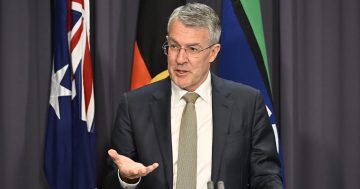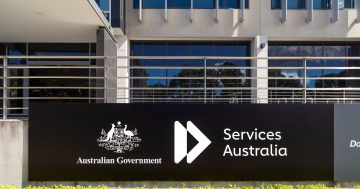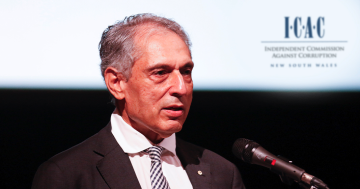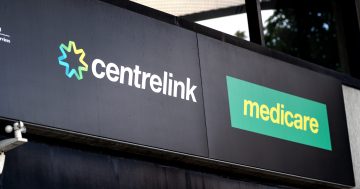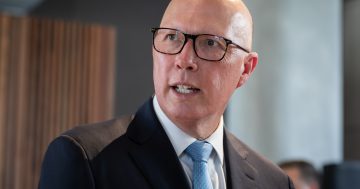 The NSW Ombudsman has released a short paper looking at ways the social media conduct agencies and how individual Public Servants could lead to possible misconduct or maladministration.
The NSW Ombudsman has released a short paper looking at ways the social media conduct agencies and how individual Public Servants could lead to possible misconduct or maladministration.
Announcing his In Focus paper – Avoiding pitfalls when agencies and public servants use social media – Ombudsman Paul Miller said Government Departments, public sector Agencies and Local Councils were becoming increasingly active on social media platforms.
“Social media can provide an important avenue for broadcasting and amplifying messages to citizens, customers, and stakeholders,” Mr Miller said. “It also offers the potential for direct two-way communication and engagement.”
He said that in his new paper, he looked at some ways the social media conduct of Agencies and individual Public Servants could lead to concerns about possible misconduct or maladministration.
“In this paper, when we refer to ‘social media’ we are talking generally about an online forum where users can post or otherwise contribute content,” the Ombudsman said.
“This includes platforms such as Facebook, LinkedIn, Twitter, Instagram and YouTube,” he said.
“Some of the risks we discuss in this paper also apply to digital media sites that allow user contributions or interaction, like websites, comments sections in news articles, blogs, chat rooms, wikis, and even group email chains and messaging applications.”
The Ombudsman said the purpose of the paper was to encourage Public Servants and Agencies to discuss and think carefully about their activities on social media, and to help them recognise some of the issues and risks.
He said to get a sense of the breadth of issues that could arise there were examples of three very different issues identified in the work of oversight bodies.
Mr Miller said these were (1) a recent investigation in South Australia in which the State Ombudsman found the SA Health Department engaged in maladministration, reposting content from the State Premier’s social media page, finding the Department’s conduct wrong because it appeared inconsistent with its obligations to be seen as politically impartial.
In a second investigation the NSW Independent Commission Against Corruption (ICAC) was found to have published guidance urging caution in avoiding potential or perceived conflict of interests relating to social media use. It included the need to avoid “providing statements or comments that others might perceive as endorsements of a supplier’s products or services, or the capabilities of a contractor or similar entity.”
And thirdly an individual complained to Mr Miller’s office, telling it that their comments had been unreasonably deleted from an official local Council social media page.
“We made inquiries about Council’s policy and procedures on moderation of social media and recordkeeping,” Mr Miller said.
“We considered whether an internal avenue of appeal was provided for moderation decisions, and the level of clarity and transparency (internally and externally) about the circumstances that could trigger removal of comments on social media.”
“Mr Miller said the purpose in the Paper is to encourage Public Servants and Agencies to disclawuss and think carefully about their activities on social media, and to help them recognise some of the issues and their risks.
The Ombudsman’s 14-page Paper can be accessed on the Ombudsman’s website at this PS News link.


